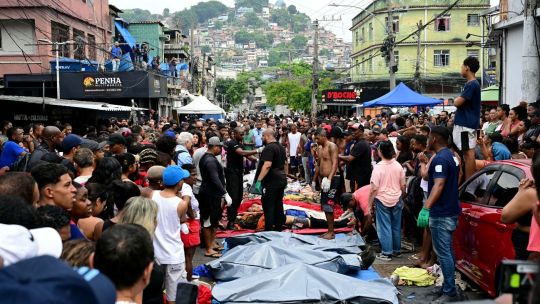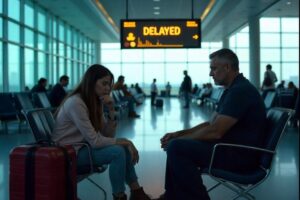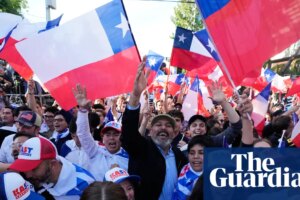
Between tears and the scent of death, neighbours of a favela in the north of Rio de Janeiro lined up more than 50 bodies in a square this Wednesday – a day after the lethal police operation against drug-trafficking that, according to the state public defender’s office, killed at least 132 people.
A reporter for the AFP news agency witnessed a decapitated body, another deceased with its head crushed, and other locals reported “executions.”
The operation, the most deadly in Rio’s history, had the objective of shutting down Comando Vermelho, or “Red Command,” the main criminal group that operates in the favelas, the highly densely populated neighbourhoods of the city.
Brazilian Justice Minister Ricardo Lewandowski said of the raid on Tuesday that President Luiz Inácio Lula da Silva is “horrified by the number of fatal incidents and was surprised that an operation of this scale was set up without the knowledge of the federal government.”
Four police officers were slain during the military-style operation, which involved 2,500 officers taking on Rio’s most powerful criminal organisation.
In the lining up of bodies on Wednesday morning, a woman screamed as she hunched over the body of one of the victims, covered in makeshift shrouds, some stained with blood.
Two girls, their faces streaked with tears, gently caressed the face of a dead man, wrapped in a sheet with a floral motif, and then hugged each other tightly.
“The state came to massacre, it wasn’t a [police] operation. They came directly to kill, to take lives,” one woman, who did not wish to give her name, told AFP, as she touched the face of another victim.
Authorities initially said that “60 criminals” had been killed in fighting that unfolded during the drug raids in the Penha Complex and the Alemão Complex, located near Rio’s international airport, but death totals continue to climb.
Executions
Angry residents accused the police of summary killings.
“There are people who have been executed, many of them shot in the back of the head, shot in the back. This cannot be considered public safety,” said Raul Santiago, a 36-year-old resident and activist.
Lawyer Albino Pereira Neto, who represents three families that lost relatives, told AFP some of the bodies bore “burn marks” and that some of those killed had been tied up.
Some were “murdered in cold blood,” he said.
The huge number of police officers who took part in the operation were backed by armoured vehicles, helicopters and drones, as the streets of the favelas saw war-like scenes.
The police and suspected gang members traded heavy gunfire. Fires erupted around the neighbourhoods.
The authorities accused the suspects of using buses as barricades and of using drones to attack the police with explosives.
“This is not ordinary crime, but narcoterrorism,” Rio state governor Cláudio Castro wrote Tuesday on X, where he shared a video from the fighting.
Police raids in Rio’s favelas, where drug gangs have a powerful presence, are a common occurrence. However, Tuesday’s operation stood out for the scale and lethality.
The Office of the United Nations High Commissioner for Human Rights said it was “horrified” and called for “swift investigations.”
A delegation from Lula’s government will travel to Rio on Wednesday for an emergency meeting with Castro.
Last year, approximately 700 people died during police operations in Rio, almost two a day.
The Human Rights Commission of the Rio state legislature will demand “explanations” of how the favela was turned into a “theatre of war and barbarism,” Commission Head Dani Monteiro told AFP on Tuesday.
– TIMES/AFP





